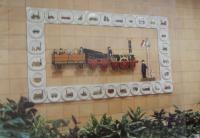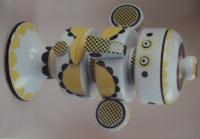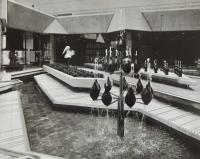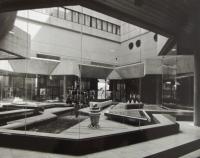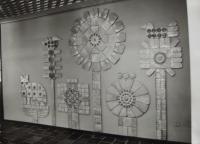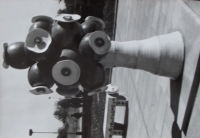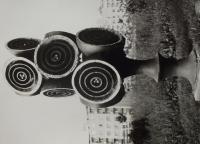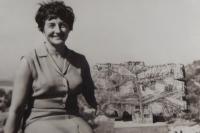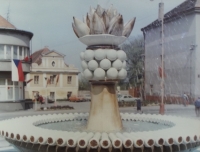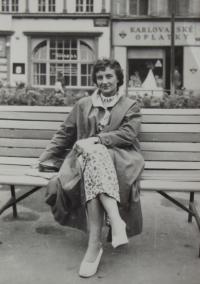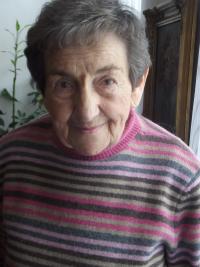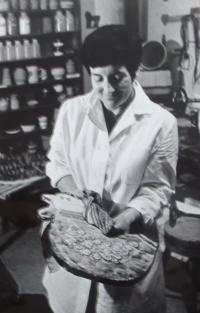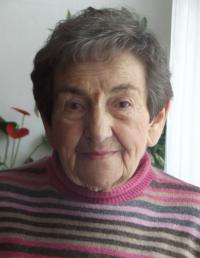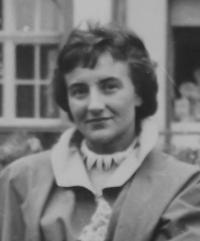What is accessible does not attract us. We only grow by overcoming

Download image
Jindřiška Radová was born April 1, 1925 in Libkov near Seč. Her parents had a farm, but they let it for rent before the war and they moved to Chrudim where her father worked in the Slavia insurance company. Jindřiška’s father Antonín Švadlenka was involved in the resistance movement while the family was completely unaware of his activity. In 1940 Gestapo began arresting his co-workers and he decided to end his life in order to protect his colleagues and family. His suicide was a terrible blow to the family, and it was only after the end of the war when they learnt the true reason for this act. After higher elementary school Jindřiška went to study textile design at the Arts and Crafts School in Brno. After the war she continued at the Academy of Arts, Architecture and Design in Prague. During her studies she married Pravoslav Rada and their first daughter Šárka was born. After graduation in 1950 Mrs. and Mrs. Rada began to create ceramic works of art inspired by Pravoslav’s experience from his stay in Denmark. In 1955 they had their first joint exhibition. Three years later they successfully participated in the EXPO World Fair in Brussels. During the school year 1968-1969 Pravoslav Rada lectured at the university in Connecticut in the USA. Influenced by his American experience he decided to leave the Communist Party upon his return to Czechoslovakia. He was to feel the consequences of his decision later during the normalization era. Pravoslav Rada was not allowed to take part in any important competitions and tenders for works of art for public space. Jindřiška thus provided her own name as a cover name for her husband’s works. Both artists had to readjust to the new economic situation after 1989 and they started cooperating with the ceramics factory Royal Dux in Duchcov. Their work still enjoys success and draws great attention at exhibitions.
